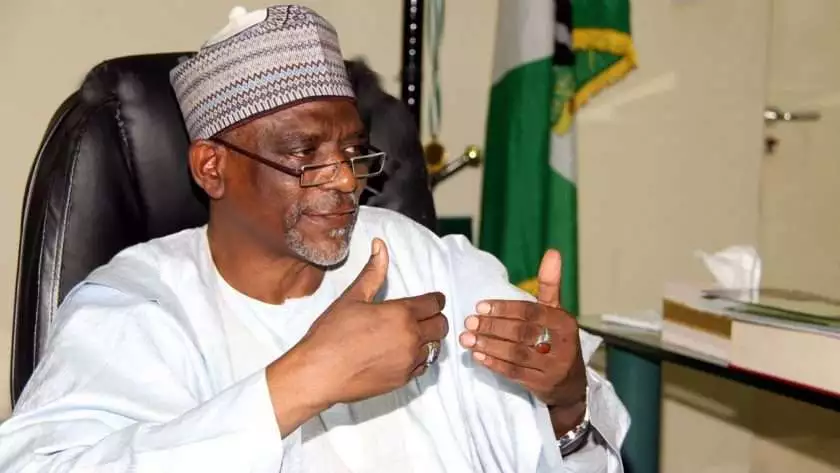The United Nations says it will be difficult for Nigeria to achieve the Sustainable Development Goals, SDGs except the federal government increases budgetary allocation to Education to 20 percent.
This was disclosed in Abuja on Thursday by Matthias Schmale, United Nations humanitarian coordinator in Nigeria, who said poor funding of the sector would affect the quality education in the country.
The global body had in January this year commended the federal government for increasing the budgetary allocation to 7.5 percent in the 2022 National Budget of N17 trillion, from five percent in the corresponding year 2021.
But analysts insist that the 7.5 percent still fell short of the UN benchmark of 20 percent.
Speaking at the launch of the ‘Reports of the Independent Country-Led Evaluation of SDGs-3 and 4 in Nigeria,’ Schmale, said allocating more funds to the sector will lead to quality learning standards in the country.
According to him, “In relation to SDG-4 on quality education, it is, for example, concerning to note that Nigeria is unlikely to achieve the global agenda for universal inclusive and equitable basic education for all school-age children by 2030 if the current very low public investment in the education sector remains the same.
“The evaluation indicates that the right policies (especially around free basic education and gender) are in place, but an increase in quality and access to education is critical.
“In the 2022 budget, there was an increase to 7% on education, but the evaluation says it will need to increase to 20% with clear accountabilities on delivery.
“Similarly, government resources for health financing are inadequate for the achievement of SDG-3 targets related to good health and well-being.
“It is good to see that the recommendation of revitalizing the primary health care has already started and its effectiveness will be enhanced with a clear plan and accountability on human resources and financing at state level.
“We must collectively push forward with education and health sector specific transformative initiatives such as prioritising and revitalising basic primary health care and improving the quality of teachers and learning in and out of classrooms,” the UN envoy said.
Discover more from The Source
Subscribe to get the latest posts sent to your email.








